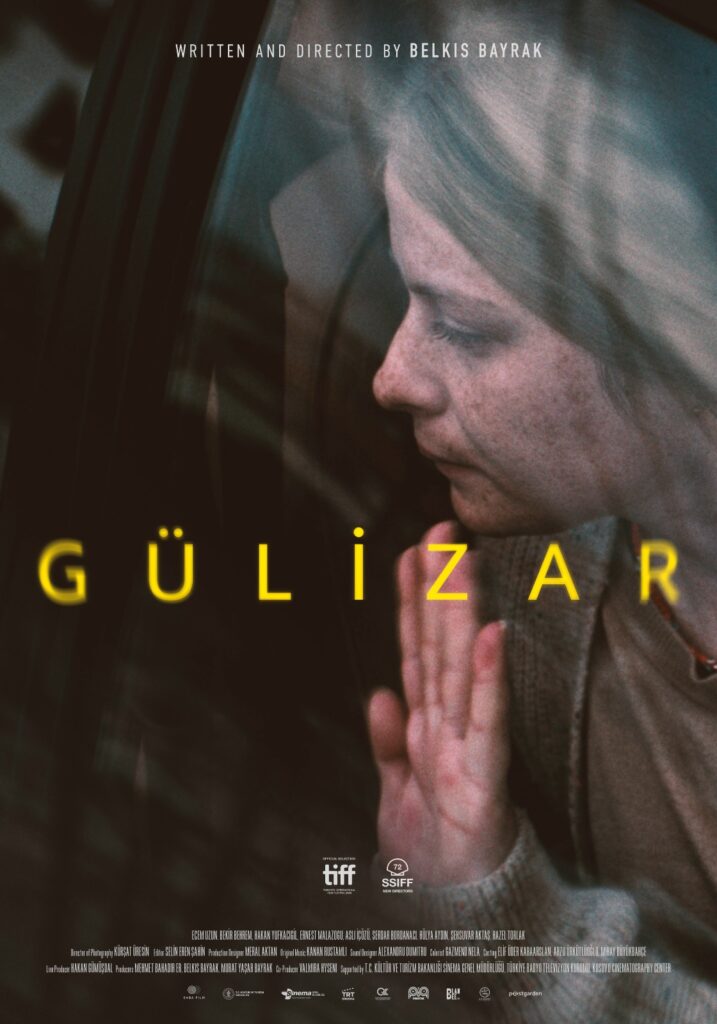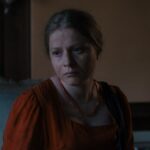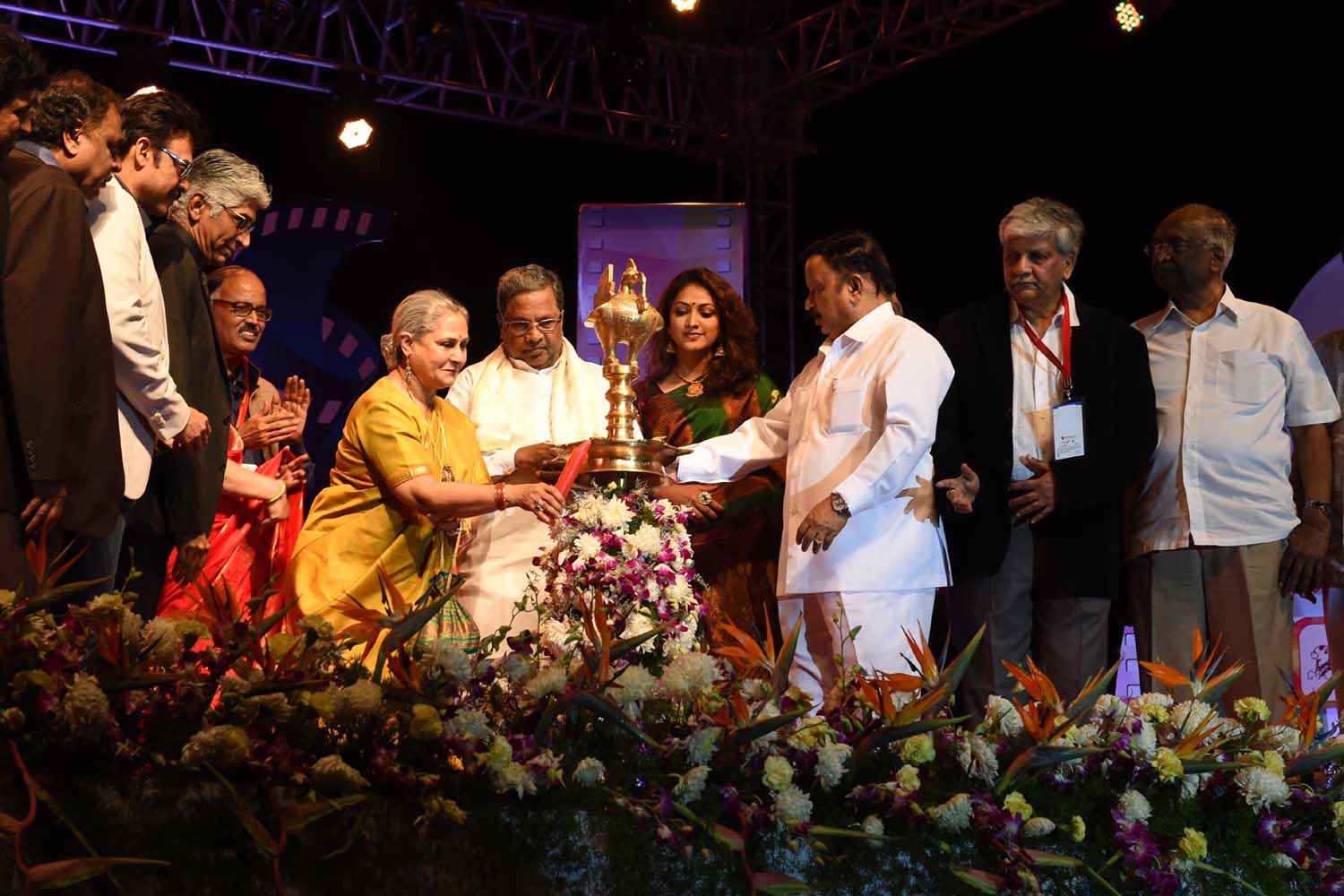There is no timestamp on trauma. There isn’t a formula that you can insert yourself into to get from horror to healed. Be patient. Take up space. Let your journey be the balm. — Dawn Serra Co-Founder of Tend & Cultivate Counselling
She was powerful, not because she wasn’t scared but because she went on so strongly despite the fear. — Atticus
Women may have broken glass ceilings. Made stupendous strides spanning wide spectrum of career callings. Scaled pinnacles of their chosen professions.
Policy prescriptions may have been put in place. Legislations enacted towards assuring women fullest freedom, individual personal space, and above all, empowerment. Given them voice and sought to ensure their security in every possible spheres of their lives.
However, beneath the veneer of these assured safety umbrellas, women continue to confront all forms of violence in man’s feral world irrespective of geography on Planet Earth they domicile and come from.
It is a given fact assaults on women continue across nations in terms of those actually reported.
It is regrettable it happens regularly and unfortunate reality many victims shirk away in silence primarily from lack of support, shame, and fear of reprisals.
Some unsure who to turn to. Or if they will be believed. Given that police and State authorities’ dubiousness in mishandling complaints, women rarely take courage to step forward.
Succinctly capturing this quintessential quandary, both women and the State confront, is Istanbul’s promising woman director Belkis Bayrak’s hard hitting and haunting, eponymously titled Gulizar.
Premiering under Discovery Section at the recently concluded 49th edition of Toronto International Film Festival, and also in New Directors Section of 72nd San Sebastian International Film Festival, Bayrak’s Gulizar evocatively spotlights on the severity of physical assaults women face even in these times and day, especially in public spaces.
The gut-wrenching forceful debut feature brings to fore what women still continue to contend with under most calamitous circumstances.
How they confront the violation, offering a novel perspective of her own to comprehend their plight in a new, socially conscious light is Gulizar.
Backed by her formative two shorts — The Apartment (2018) and Cemile (2021), writer-director Belkıs Bayrak in Gulizar provides a unique and singular perspective into her titular protagonist as she comes to terms with herself, most importantly her betrothed beau, following the attack, that has left deep psychological trauma on her.
Raised in a constrictive, but loving Turkish household, attendant with trying taboos, traditional gender roles and severe social expectations from women, bride-to-be Gülizar, filled with hope, embarks on a life changing sojourn from Turkey to Kosovo.
She envisions a fresh start away from home, when she tells her sister Esma “I’m happy to have a life of my own,” who asks her “so you are finally getting out of here” in the self-belief that her impending marriage to fiancé Emre to whose hometown in Kosovo she is leaving her homeland Turkey would result in this realisation.
“Is your happiness all about your getting marries?” the sister asks advising her: “well don’t get yourself into a worse situation.”
This in the innate belief that distant Kosovo, unlike her own homeland, would open up a new vistas of freedom and space for her following her impending marriage with betrothed Emre.
Eager to give wings to her desire Gulizar wills to pursue alone, much against her anxious mother Fatma, deboarded due to her expired passport from accompanying her, she should not travel solo.
But the doughty daughter is determined and mama cautions and counsels her not to leave the bus at any cost even to answer nature’s call till Kosovo is touched and she is received there.
“Do not go alone to the restrooms, take care of yourself” is parting counsel she hears from her apprehensive and concerned mother, who sounding traditional certainly knows women need to fend for themselves.
Despite young Gulizar’s precautions the inevitable situation that lone women so dread, tragically happens, enroute to her betrothed’s destination in charming mountainside City of Prizren, in Kosovo.
She is assaulted at a desolate restroom when she leaves the safe cocoon of her bus searching for the necklace, fondly gifted family memento by her sister, she now inadvertently has lost.
With none the witness and little scope of finding possible justice, Gulizar quiescently gives into wedding preparations on in full swing at her betrothed place, once at her in-laws.
This totally in disquiet as to how to tackle her trauma as the nuptials near. What, however, compounds her distress is that she intuitively senses her assailant is among her in-laws guests in the town her new home.
Told through the gaze of her victim trying to get a grip on her situation, Belkis Bayrak delectably delves into the complexities of trauma, societal expectations, and a victim’s search for self-discovery and determination, which ― despite all obstacles ― is only way forward.
Instead of routine fare that touches upon a very important issue facing women in a peripheral manner, Belkis Bayrak turns Gulizar into a searing character study reminiscent of similar approaches by Iranian filmmakers.
Effectively using Gulizar’s stoic silence as a potent tool to convey the inner turmoil, trauma, fears, sufferings that slowly turn into paranoic anxiety of her protagonist, Belkis Bayrak draws audiences into perturbed psyche of Gulizar to experience her inner pain as one’s own.
Her plaintful plea to her hubby on their wedding night: “I’m not ready” succinctly sums up Gulizar’s inability to consummate weighed by the ghastly traumatic night and terrible physical assault.
With no immediate agency whatsoever for her to pour her heart out Gulizar suffers in silence trying to comprehend the calamitous situation she has been driven into.
Woefully lonely and feeling the absence of her near and loved ones — her mother and sister, Gulizar finds neither her mother-in-law, who intuits familiar feminine reason for her behaviour, or hubby Emre who is unable to realise that his wife wishes to forget the trauma rather seek closure in bringing the culprit to justice.
Gulizar’s happy vision of secure, blissful matrimony begins to crumble and fall apart eclipsed by the trauma taking a toll on her psyche and social conduct, as she grapples and perseveres with the personal tragedy that haunts her.
Seeking to come to terms with her ordeal alone Gulizar frets with any help or talk about her trauma, desperately wanting to erase it from her memory that is pushing her into an abyss of breakdown, while hubby Emre is hellbent on ferreting out and punish the evil monster.
Given she is a woman director, Belkis Bayrak presents a distinct and insightful feminine gaze into the tragedy with her profound exploration of how individuals, particularly women, negotiate their personal traumas.
It is to the merit of the young filmmaker she intuitively illustrates and sets forth the stark contrast between those requiring time to articulate their experiences and those that express themselves much more easily about the painful pass in their lives.
Thereby, powerfully postulating how victim’s internalised silence, reflects both personal coping mechanisms and prioritisation of social conformity over person’s well-being.
Gulizar comes across as soulful, solid, sensitive exploration of the complexities of trauma of physical assault that reverberates through a victim’s psyche caught between claustrophobic social milieu and her attempting to process and deal with it personally without any external interventions.
In the process, Belkis Bayrak turns Gulizar auteur cinema propelling her audiences into deep reflective mode and work towards a more learned and compassionate societal attitude and response to physical violence of women.
Trauma creates change you don’t choose. Healing is about creating change you do choose — Michelle Rosenthall, Trauma Recovery Specialist and Mental Health Advocate.
“I have been victimised. I was in a fight that was not a fair fight. I did not ask for the fight. I lost. There is no shame in losing such fights. I have reached the stage of survivor and am no longer a slave of victim status. I look back with sadness rather than hate. I look forward with hope rather than despair. I may never forget, but I need not constantly remember. I was a victim. I am a survivor” — Survivor’s Psalm — Unknown
by

S VISWANATH is a veteran film critic who officiates as JURY at several National & International Film Festivals. He deputises as CHIEF CINEMA CURATOR/PROGRAMMER & CREATIVE ADVISOR for Bengaluru International Film Festival (BIFFes). He also curates & advises on the selection of shorts & documentaries for Bengaluru International Short Film Festival (BISFF). Mr Viswanath is the author of “RANDOM REFLECTIONS: A Kaleidoscopic Musings on Kannada Cinema”.














Leave a Reply